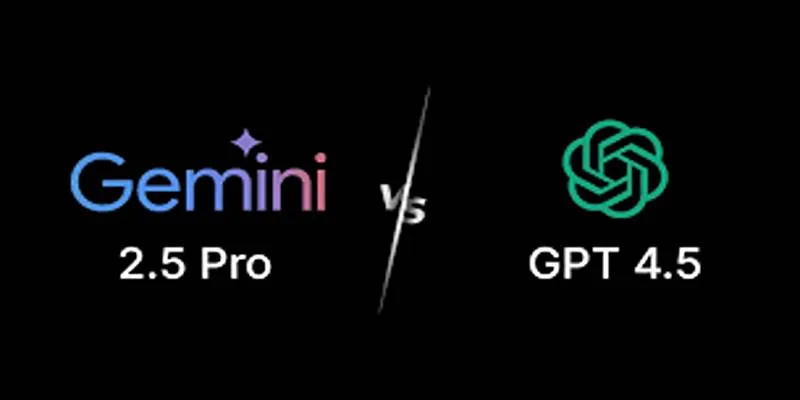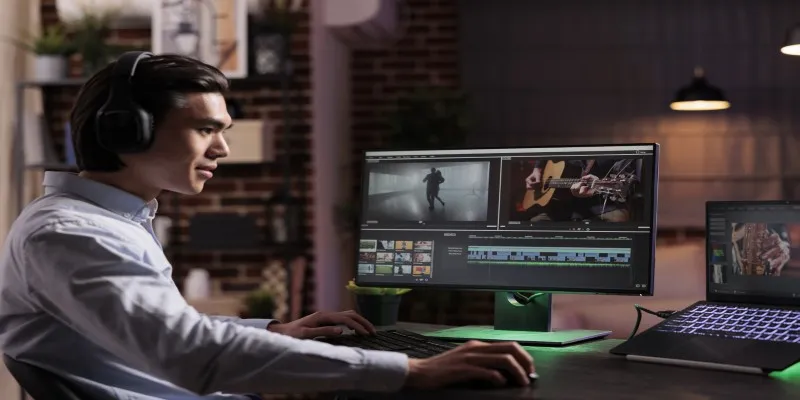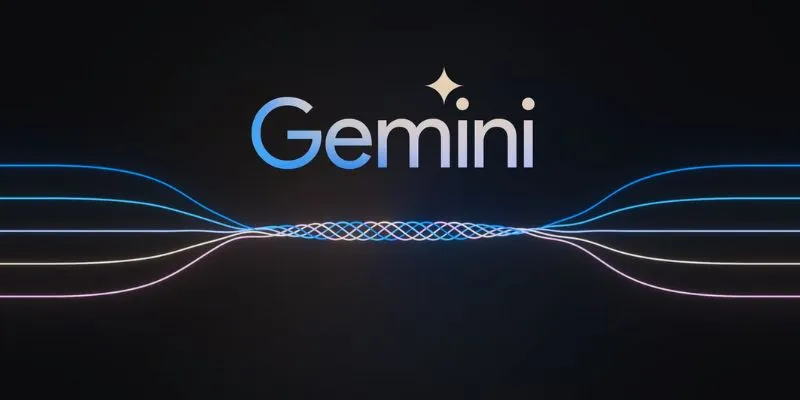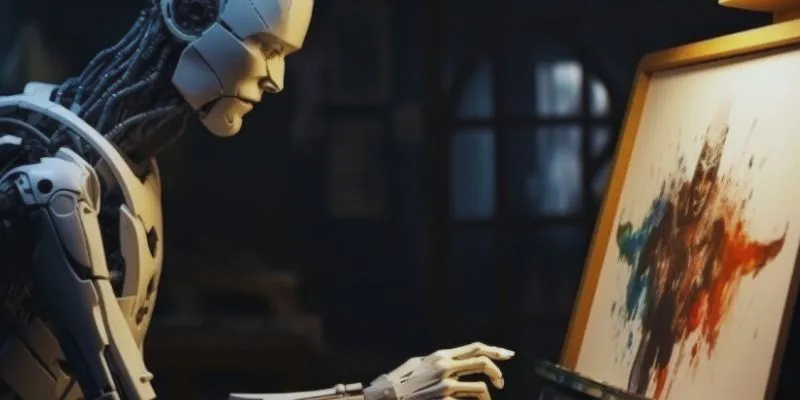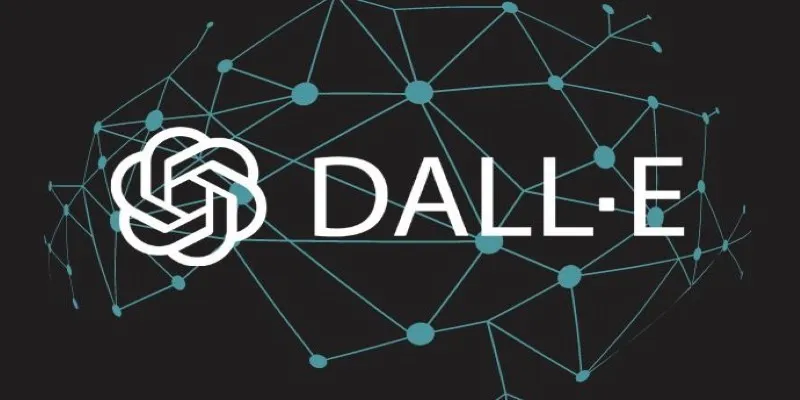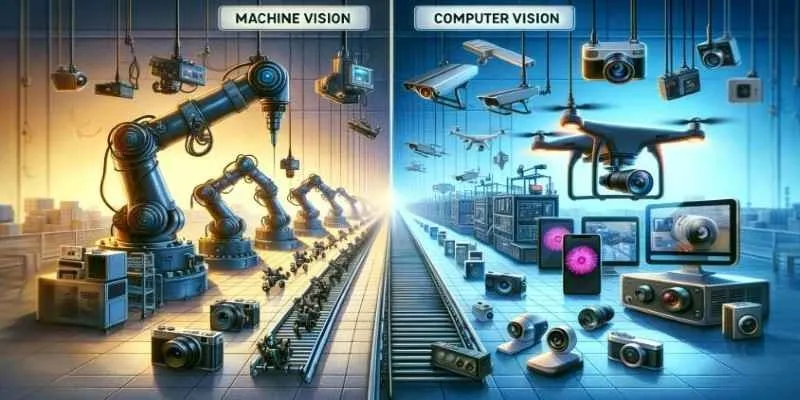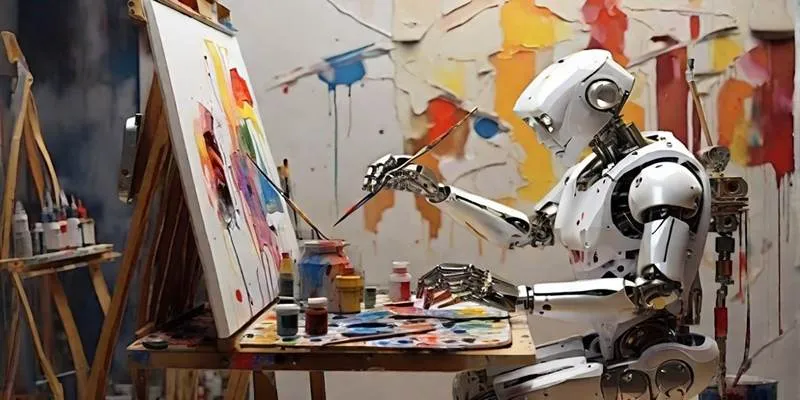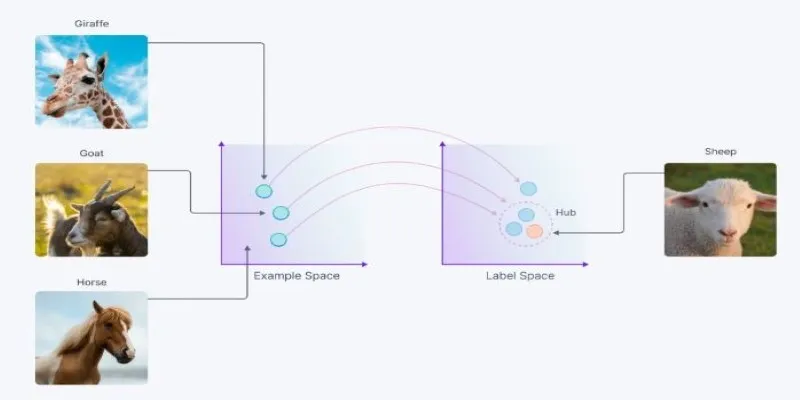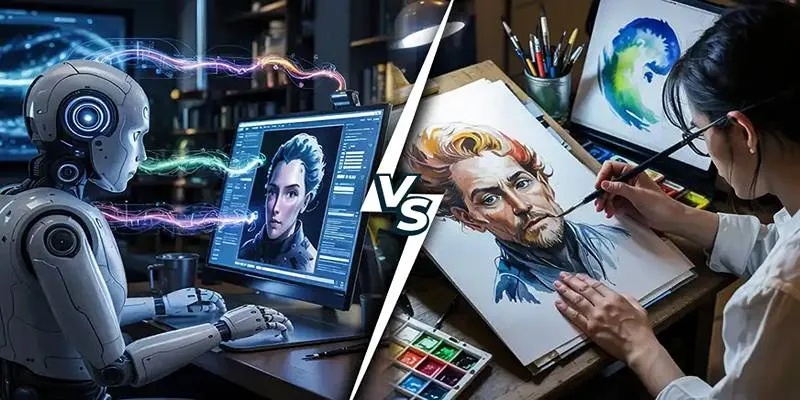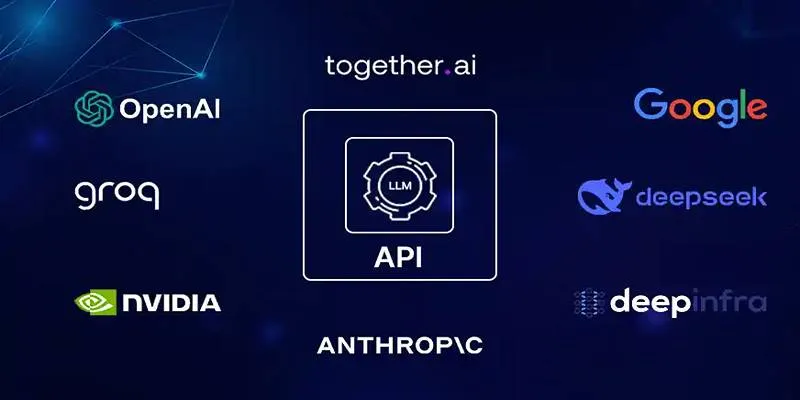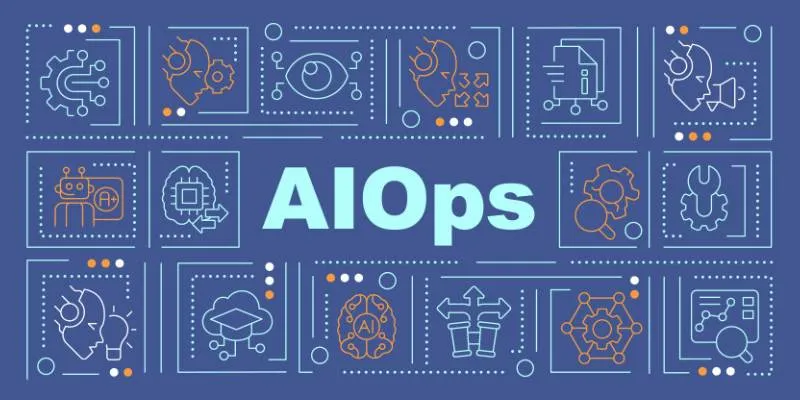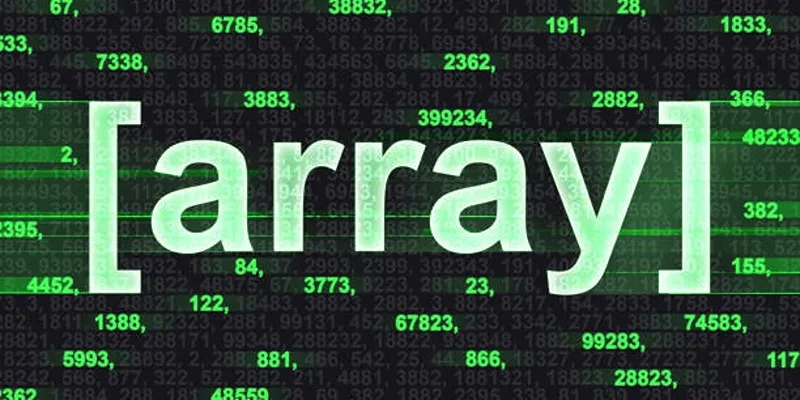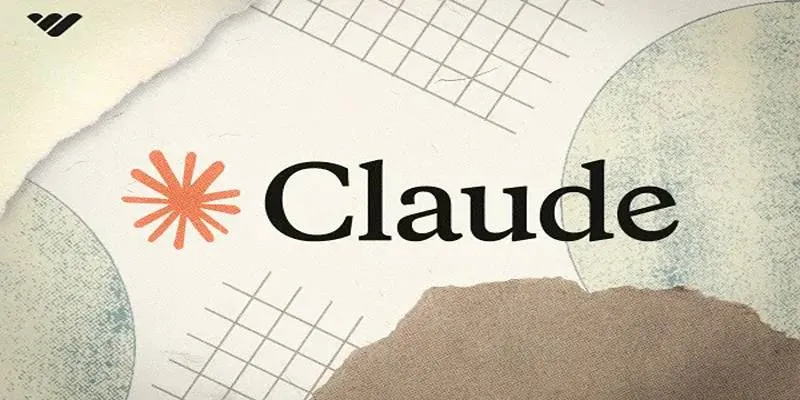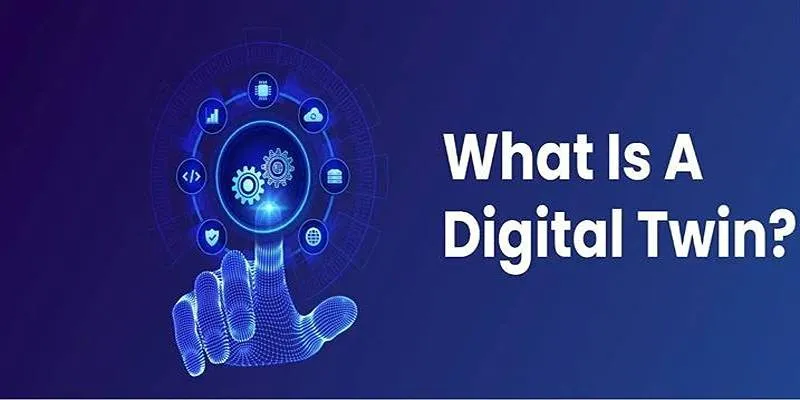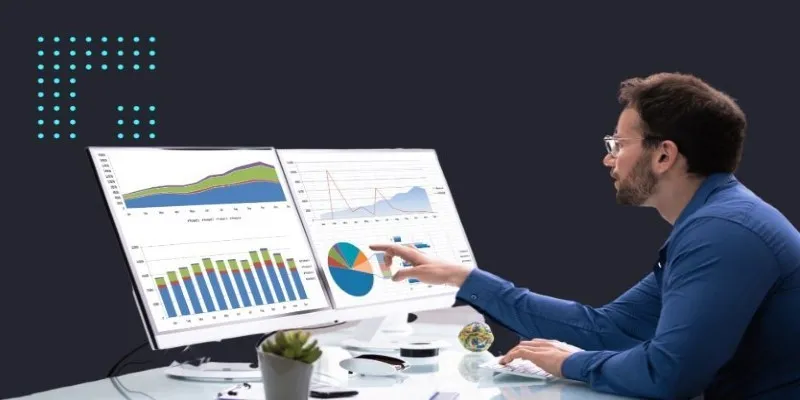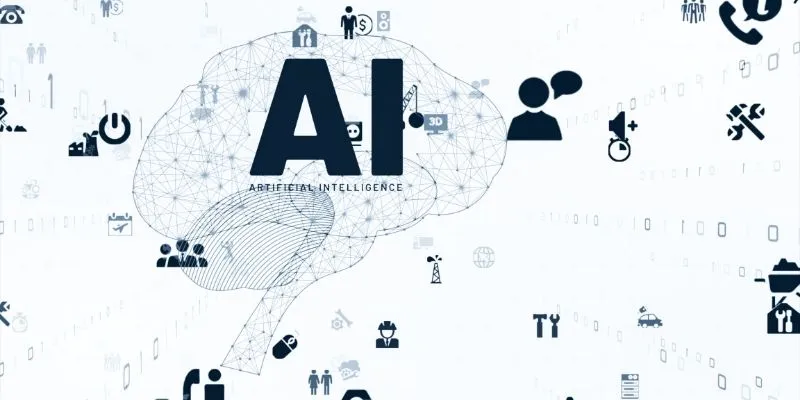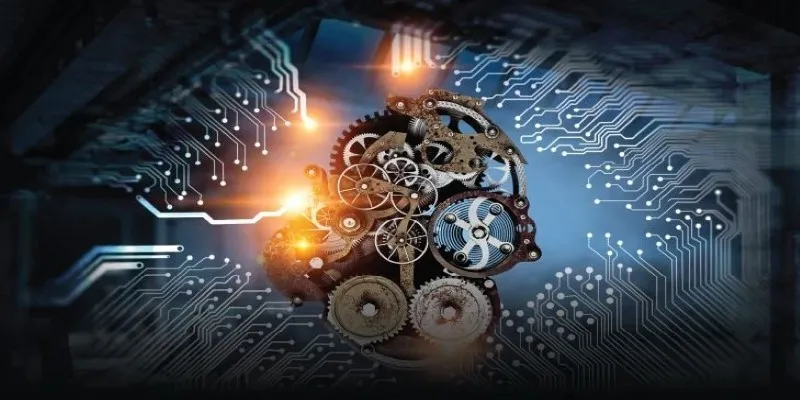Artificial intelligence has dramatically transformed how we create visual content. Today, users can type a few words and receive high-quality images in seconds, thanks to AI-powered image generation models. As of 2025, some of the most advanced models include GPT 4o by OpenAI, Gemini 2.5 Pro by Google, and Grok 3 by xAI. Each offers unique capabilities and creative advantages. In this post, we explore and compare these three models, examining their image creation strengths , prompt comprehension, tool integration, and practical use cases.
Understanding the Role of Image Generation AI
AI models that generate images use deep learning to interpret written prompts and turn them into visual content. Trained on vast datasets of images and their descriptions, these models can create realistic or artistic representations of ideas.
These tools are versatile, with applications ranging from product mockups and social media images to digital art and comics. Their effectiveness depends on prompt handling, output detail, and the flexibility of their design interfaces.
GPT 4o: OpenAI’s Vision-Powered Workhorse
GPT 4o (short for Omni), launched by OpenAI, is a multi-modal model capable of handling both text and images. Unlike its predecessor, GPT-4, which had limited image capabilities through add-ons like DALL·E 3, GPT 4o integrates image generation directly into its workflow.
What sets GPT 4o apart is its interactivity. Users can generate and modify images using natural language instructions, such as “make the sky darker” or “add a cat in the corner.” This model excels in making image generation feel like a conversation, ideal for creative professionals seeking control without complex software.
Strengths of GPT 4o:
- Seamless integration with DALL·E 3 and ChatGPT
- Strong prompt comprehension
- Real-time image editing using text
- Generates both realistic and artistic styles
- Available on both free and pro tiers (with limits)
Limitations:
- Requires internet and OpenAI platform access
- Image output quality depends on prompt clarity
- May produce abstract visuals for detailed prompts
Gemini 2.5 Pro: Google’s Photorealistic Engine
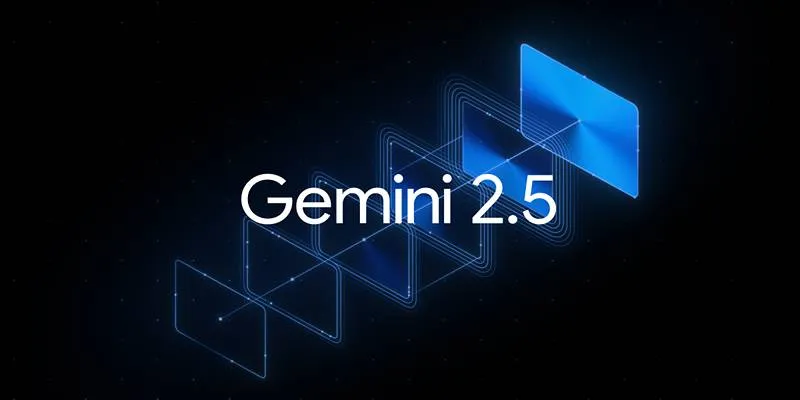
Gemini 2.5 Pro is Google’s most advanced AI in 2025, building on the progress of earlier Gemini models and enhanced with creative tools like Imagen 2, Google’s proprietary image-generation engine. Gemini 2.5 Pro excels in producing photorealistic images, making it a top choice for professionals in marketing, product design, and media.
Strengths of Gemini 2.5 Pro:
- Generates highly realistic images
- Advanced understanding of visual cues
- Strong performance with long, detailed prompts
- Integrates with Google products like Bard and Drive
Limitations:
- Limited editing features post-generation
- Less flexibility in abstract or surreal prompts
- Access often tied to Google’s ecosystem
Grok 3: xAI’s Artistic, Bold Image Generator
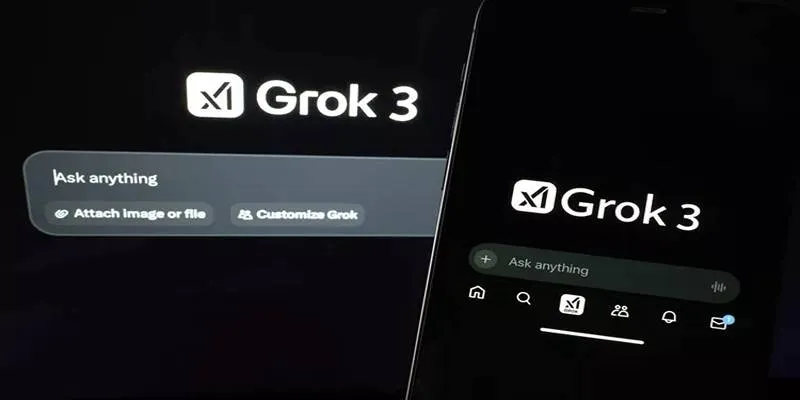
Grok 3, developed by Elon Musk’s xAI and integrated into the X (formerly Twitter) ecosystem, offers a fresh and experimental approach to AI image generation. Known for its conversational wit and humor, Grok 3 focuses on style, speed, and playfulness, making it ideal for creative art, memes, or stylized content.
Strengths of Grok 3:
- Great for stylized art, cartoons, and pop culture images
- Fast rendering and responsive feedback
- Accessible within the X platform for quick sharing
- Adds humor and personality to visual content
Limitations:
- Not designed for highly detailed or realistic visuals
- Fewer tools for professional refinement
- Limited support for in-image editing
Side-by-Side Comparison
For a clearer comparison, here’s a direct feature breakdown:
| Feature | GPT 4o | Gemini 2.5 Pro | Grok 3 |
|---|---|---|---|
| Realism | Medium to High | Very High | Low to Medium |
| Artistic Creativity | High | Moderate | Very High |
| Prompt Understanding | Excellent | Excellent | Good |
| Editing Options | Advanced (Inpainting) | Basic | Limited |
| Integration Tools | ChatGPT, DALL·E | Bard, Imagen | X platform only |
| Ideal For | Balanced usage | Photorealism | Fun, social visuals |
Which Model is Best for Different Needs?
Choosing the best image generation model depends on the user’s purpose. Each model caters to a slightly different audience, and understanding these differences helps maximize their value.
For Creative Professionals and Artists
GPT 4o is the top choice. It offers creative freedom, strong visual customization, and intuitive use. Artists seeking to fine-tune images and experiment with concepts will appreciate its conversational flexibility.
For Business, Marketing, and Product Visuals
Gemini 2.5 Pro provides high-end, realistic visuals. Industries needing product imagery, clean website visuals, or detailed presentation graphics will benefit from Gemini’s precision and style.
For Social Media Creators and Fun Content
Grok 3 is best for content creators on platforms like X, Instagram, or TikTok who want fast, fun, and unique visuals. It facilitates quick meme creation, comic-style graphics, and quirky art that captures attention.
Conclusion
AI image generation has become smarter, faster, and more accessible. Among the top models, GPT 4o stands out for its balance between creativity and editing features. Gemini 2.5 Pro excels in producing highly realistic images, ideal for professional visuals. Grok 3 offers a playful and artistic touch, perfect for social content. Each model serves a different need depending on the user’s goals. GPT 4o is best for versatility, Gemini for realism, and Grok for bold expression. There’s no single winner—only the right fit for the task. Choosing the best AI comes down to purpose.
 zfn9
zfn9
